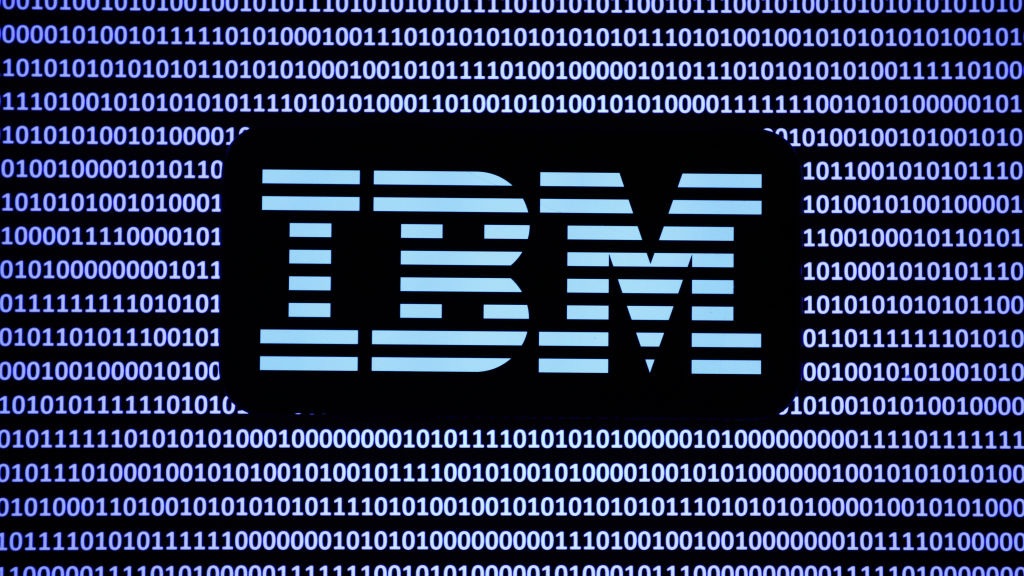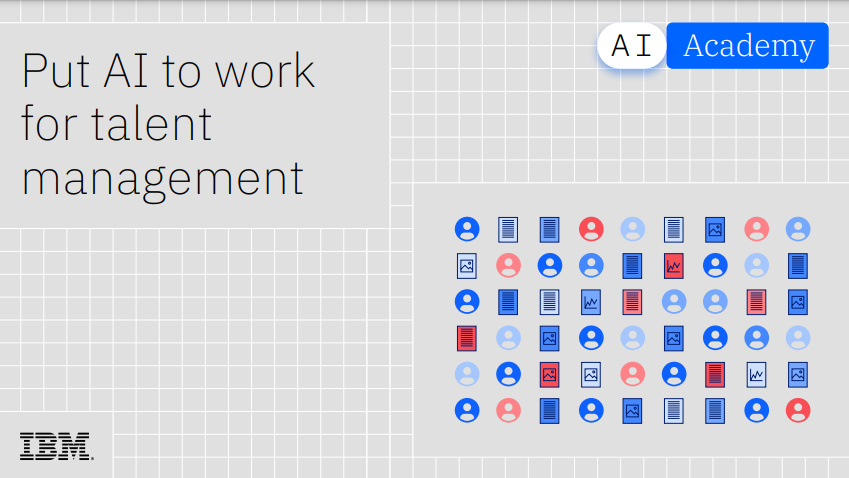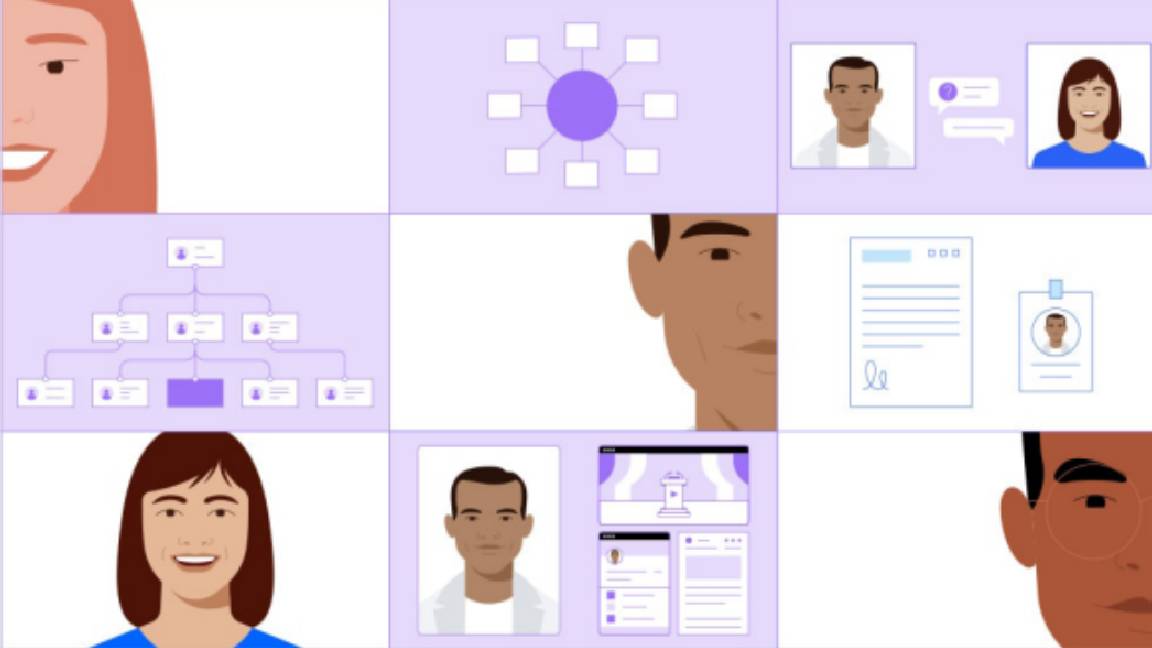Apple and IBM: a new alliance
Apple and IBM have joined forces to create new business apps for mobile devices

Inside the Enterprise: In recent years, Apple and IBM have enjoyed something of an uneasy truce. The companies fierce rivals at the dawn of the PC era have learned to live alongside each other since, as their business strategies have diverged.
IBM has gradually moved away from personal devices, exiting the handheld (yes, IBM made licenced Palm devices), PC and now low-end server market, to concentrate on enterprise technologies and services. Apple, for its part, has a less overt focus on the enterprise, emphasising its iOS device line rather than back end systems.
On the surface then, an arrangement between the two companies makes sense.Analystfirm Forrester describes it as "melding complementary strengths."
Certainly, IBM has technologies, especially around analytics and the cloud, that business users want to access on the move. Apple, for its part, has an operating environment that appeals to users, as well as an eye for design that few enterprise companies have succeeded in emulating.
As Apple points out, the vast majority of enterprises already use at least some iOS devices. But these have not always been well served with business software. IBM plans to create a slew of new apps for iOS, including industry-specific applications. These will include "native" apps for iOS, and will be based around IBM's portfolio of software for specific vertical markets.
IBM will support this with its big data and analytics capabilities. But, perhaps what's more interesting for IT teams, at least in the short term, isthe move to optimise IBM cloud services for iOS. This will include device management and securityin addition to mobile integration.
Under the new programme, known as IBM MobileFirst for iOS, IBM will also supply Apple devices, as well as packages including the devices, software and services. Apple will also be adding an AppleCare for Enterprise support scheme, with around the clock assistance.
Get the ITPro daily newsletter
Sign up today and you will receive a free copy of our Future Focus 2025 report - the leading guidance on AI, cybersecurity and other IT challenges as per 700+ senior executives
The improvements in device management and support, in particular, means that the arrangement between the two companies should help IT teams to normalise the use of iOS devices within the business.
It might even help enterprises that have accepted the use of personally-owned Apple devices, perhaps under a BYOD scheme, to move towards a company-driven deployment. Having IBM as an integration partner cannot hurt Apple, when it comes to winning over sceptical CIOs.
But the new appliance may also succeed, where others have faltered, because it is focused on services and software, rather than low-level technology. Long-standing Apple watchers will remember the Apple-IBM-Motorola (AIM) alliance, based around computers, based in turn on PowerPC chips.
SomeIT directors might even recall the Apple Network Server range, PowerPC boxes designed specifically to run IBM's AIX OS. But these hardware-based ventures were very much of their time. Today's deal around software and services feels like it has more potential. But it may also be bowing to the inevitable.
Employees will continue to bring iOS devices to work. For companies like IBM, they may as well work with them rather than work against them.
Stephen Pritchard is a contributing editor at IT Pro.
-
 Should AI PCs be part of your next hardware refresh?
Should AI PCs be part of your next hardware refresh?AI PCs are fast becoming a business staple and a surefire way to future-proof your business
By Bobby Hellard Published
-
 Westcon-Comstor and Vectra AI launch brace of new channel initiatives
Westcon-Comstor and Vectra AI launch brace of new channel initiativesNews Westcon-Comstor and Vectra AI have announced the launch of two new channel growth initiatives focused on the managed security service provider (MSSP) space and AWS Marketplace.
By Daniel Todd Published
-
 IBM completes HashiCorp acquisition after regulatory approval
IBM completes HashiCorp acquisition after regulatory approvalNews IBM has completed its $6.4 billion acquisition of cloud automation and security firm HashiCorp,
By Emma Woollacott Published
-
 IBM eyes Oracle expertise gains with latest acquisition
IBM eyes Oracle expertise gains with latest acquisitionNews The deal aims to help IBM address the complexities of public sector cloud transformation
By Emma Woollacott Published
-
 UK regulator to investigate IBM takeover of HashiCorp
UK regulator to investigate IBM takeover of HashiCorpNews The CMA is concerned that the merger could affect competition in the cloud services market
By Emma Woollacott Published
-
 Channel Focus: All you need to know about IBM's partner program
Channel Focus: All you need to know about IBM's partner programHow Big Blue seeks to go deep, tackling enterprise complexity: A brief guide to the role of partners in IBM's plan to accelerate software and consulting sales.
By Fleur Doidge Published
-
 Put AI to work for talent management
Put AI to work for talent managementWhitepaper Change the way we define jobs and the skills required to support business and employee needs
By ITPro Published
-
 Let’s rethink the recruiting process
Let’s rethink the recruiting processwhitepaper If you designed your recruiting process for a new company, what would you automate to attract and hire the best talent?
By ITPro Published
-
 The power of AI & automation: Productivity and agility
The power of AI & automation: Productivity and agilitywhitepaper To perform at its peak, automation requires incessant data from across the organization and partner ecosystem.
By ITPro Published
-
 Everything you need to know about IBM’s HashiCorp acquisition
Everything you need to know about IBM’s HashiCorp acquisitionNews IBM’s acquisition of HashiCorp represents a major signal of intent for the tech giant and its hybrid cloud and AI ambitions
By Steve Ranger Last updated